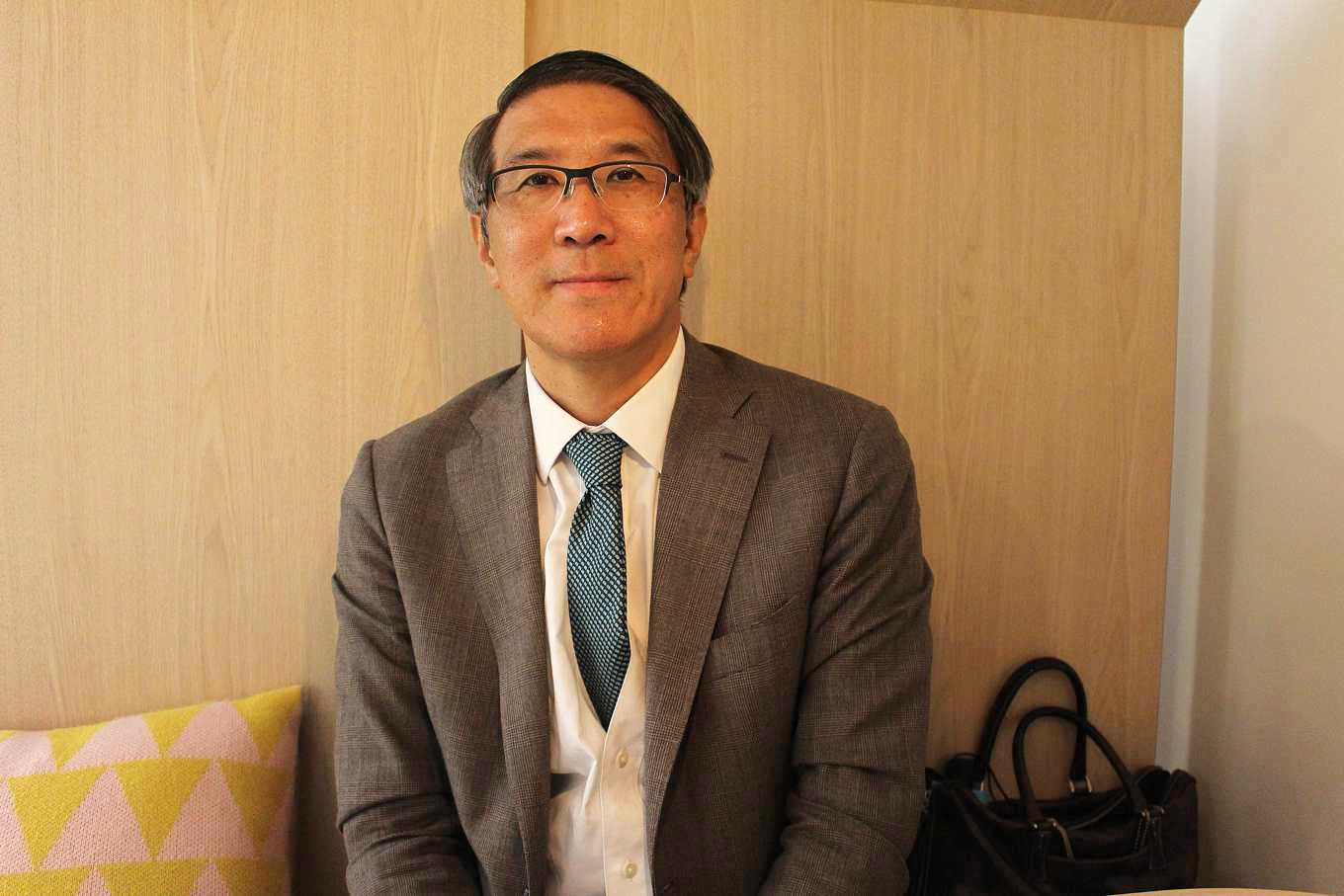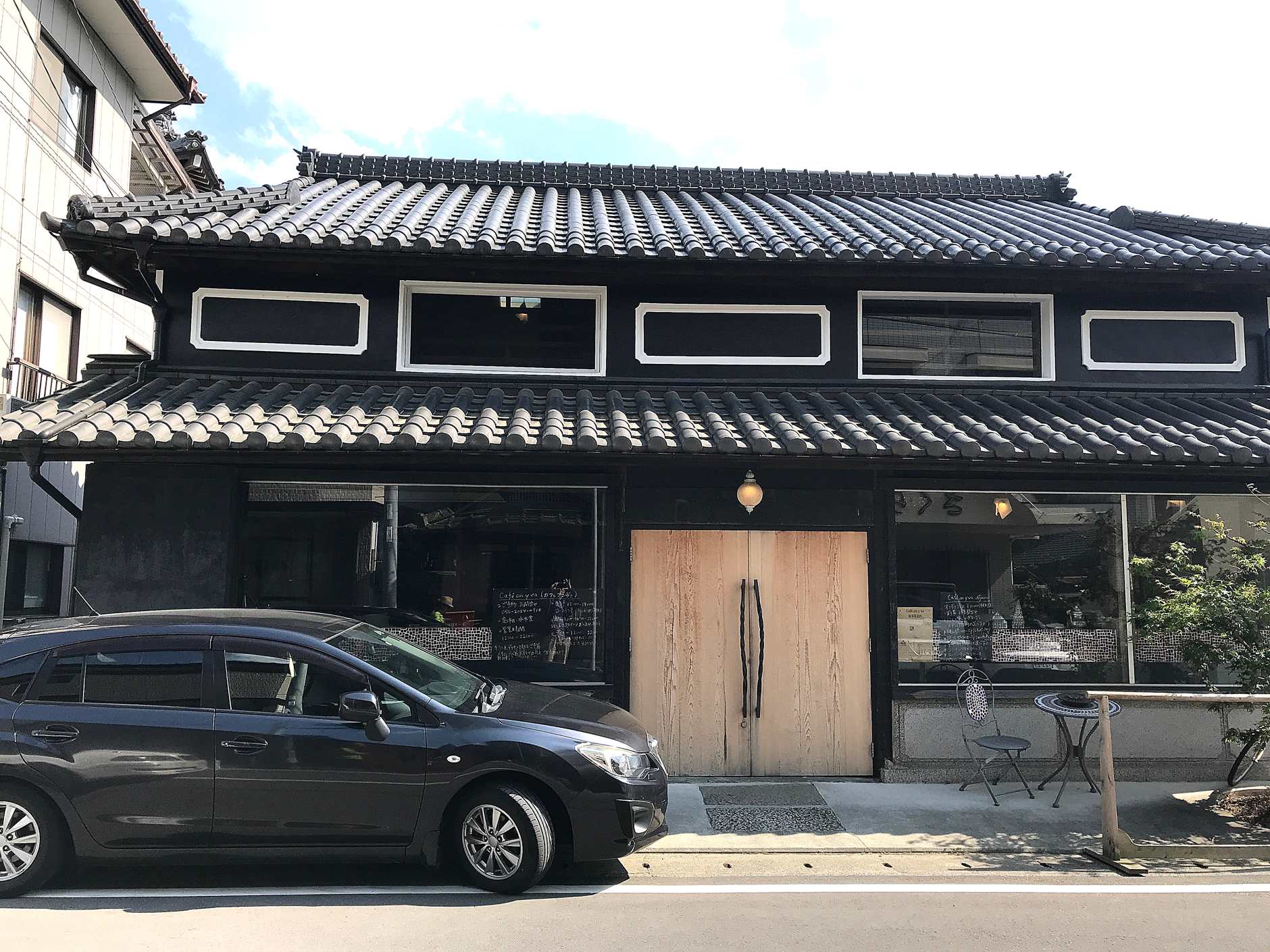Rural and local creation 16 "Japan set aside 100 billion yen to promote corporate hometown tax, and earmarked funds to support local creation."
Share + 1 Tweet Email
Because of the sense of local loss of suffering, Japan promotes local creation policies with human, information and financial support. Among them, finance can be subdivided into local creation payment, enterprise version of hometown tax, local strongholds to strengthen the tax system, and so on. Only by giving sufficient financial support to local governments can we form local creative capacity. Taiwan's local creation policy also integrates inter-ministerial resources and calls out enterprises to invest in their hometown, but what is the difference in fiscal policy between Taiwan and Japan? And how to compare the reference?
"upstream and downstream" interviewed Chen Chih-Jen, deputy general manager of Taiwan's Nomura General Research Consulting Company, to explore the policy differences between Taiwan and Japan. Chen Chih-Jen has long been concerned about Japan's local creation policy and was entrusted by the National Development Commission in Taiwan. promote local creation demonstration fields in Zuozhen, Tainan.


The local bistro (Bistro), made from the renovation of ancient houses in Kamiyama, Japan, has developed agriculture into an attractive living career (photo: Chen Zhiren, Deputy General Manager of Taiwan Nomura General Research Consulting Company)
Japan's "Enterprise version of hometown Taxation" is earmarked for local creation.
In addition to the local creation payment, Japan also offers a "corporate version of hometown tax". Corporate donations to the government account are equivalent to paying taxes, which are used exclusively for local creation. At the same time, it is also proposed to strengthen the tax system in local strongholds, providing subsidies, such as tax breaks and office subsidies, to 23 districts of Tokyo as long as companies move from these areas.
On the other hand, Taiwan's National Development Commission has launched a proposal for enterprises to invest in their hometown, including adopting and creating businesses, assisting in the development and sales of local products, setting up branches or strongholds in places, donating local special accounts for creation, investing in local construction, and so on.
However, Chen Chih-Jen observes that similar corporate tax-saving measures have long existed in Taiwan, with enterprises and rich people saving taxes through foundations. One is the venture capital foundation, which is used for industrial innovation and research, and the other is a social welfare foundation, such as the TSMC Culture and Education Foundation. "originally, there was the concept of hometown tax when enterprises gave back to society, but it didn't say that foundations could only invest in their hometown."
The Taiwan Culture and Education Foundation can only engage in "non-profit undertakings" and cannot encourage local undertakings.
Chen Zhiren said that the law stipulates that cultural and educational foundations can only engage in non-profit undertakings, but enterprises allocate a fixed amount to the foundation every year, and this resource should be invested in local creation. He explained that if local enterprises need to survive forever, they must have a stable profit model so that outside betting resources can be used effectively. However, due to the limitations of current laws and regulations, as a result, the resources of cultural and educational foundations can only support local non-profit undertakings. "it becomes that local governments rely on subsidies for a long time, which is not in line with the concept of creation." Taiwan should be able to make use of the existing foundation model to encourage enterprises to invest in local businesses with potential.
We should encourage investment in vertical agricultural integration and develop cultural undertakings with characteristics.
However, when relying on corporate investment, do local governments still have their own subjectivity? In this regard, Chen Chih-Jen believes that of the 134 townships and townships that are given priority, no one goes there because it is not easy to invest. "therefore, what enterprises invest is definitely not factories, and projects that can grow locally and are invested are similar to vertical agricultural integration with local characteristics." This should become an action, "this is what really keeps the place alive."
He believes that a large number of solutions to local revitalization can be promoted, such as the integration of vertical agriculture, the production of food materials by small farmers, the use of local ingredients to make distinctive meals, and further provide accommodation, food farmers' experience, and so on. Places can also try to share the kitchen, the idea is to introduce foreign chefs, the use of local ingredients to create unique exotic cuisine, become a bright spot to attract people.
"the integration of vertical agriculture and the sharing of kitchens do not need to be proposed by various townships. It should be promoted by the central government as a whole, and then by the local authorities to make up for the local characteristics, which is relatively simple." Chen Zhiren said that the current local proposal does not have any framework, which is tantamount to the lack of guidelines, and it is difficult to come up with an effective solution.
The county and municipal governments should play an important role in connecting the localities.
Chen Zhiren believes that we should use the county and municipal governments as the level to attract foundations and enterprises to invest in local fund accounts, which are specially used for vertical agricultural development and pragmatically monitor progress. "it is relatively easy for the county and municipal governments to raise funds from local enterprises and cultural and educational foundations."
Chen Chih-Jen further points out that the county and municipal governments still remain in the role of assisting delivery of local students proposed by the National Development Commission, but as the role of the county and municipal governments, they have their important functions. He stressed that the county and municipal governments should first work out the overall direction of local creation in the counties and cities, so that the townships and towns at the next level can follow the general direction. The county and municipal governments have the ability to coordinate and integrate. "as long as there are more than two or three proposals in a county or city, they are likely to fight with themselves."
Among the 134 townships listed in priority, the population outflow is serious, it is relatively difficult to do local creation, and the role of counties and municipal governments is more important. Chen Zhiren takes Zuozhen as an example. The flow of people coming in from Xinhua should be linked with Xinhua. "it is not a single breakthrough, but a circular concept. Counties and municipal governments have to bear the connection of regional flow of people, so that local governments can derive the logic of creation."
Local students should actively address the needs of residents. Grow out of local institutions
In the past, community building and rural regeneration were all in the allocation of resources, allocating resources to localities under a certain budget to make life a little better. "it does make local people feel that life is better, but today we hope that in addition to a better life, more people will be willing to stay there."
Chen Chih-Jen said that in the past, the environment was better, but now it is to meet the needs of residents, such as setting up nurseries. In the past, a lot of resources were used to take care of the elderly. It is not bad. It is just that we cannot only take care of the elderly in the future. Instead, we should turn it into a career concept and really develop a business body with local characteristics for sustainable operation. Leverage the energy of local creation on the basis of community construction and rural regeneration in the past. "now is to find a way to let the energy created in these places start to happen one by one."
(in order to have a deep grasp of rural development and local creation in the context of Taiwan's reality, "upstream and downstream" and "consortium legal person Rural Development Foundation" cooperate "Rural Development Topics" to explore the current situation in Taiwan and the policy trends in Japan with a series of articles. Please click here to read the full series of articles.)
Special topic of Japanese Local creation │ Regional Revitalization team & people who emigrated to places
Share + 1 Tweet Email
- Prev

Taoyuan Vegetable Production and Marketing Group signs cooperation with Marshall Formosa Group
Taoyuan Mayor Zheng Wencan went to the third class of Bade District Vegetable Production and Marketing Class yesterday (12) afternoon to attend the signing ceremony of "Taoyuan City Bade Vegetable Production and Marketing Class × Marshall Formosa Group to Promote Taoyuan Agricultural Special Products Cooperation Letter". Mayor Zheng...
- Next

Dialogue between ── Sakura and Sakura in Alishan Cherry Blossom season in Chiayi County
On the morning of March 13, the Chiayi Forest District Management Office of the Forestry Bureau held the opening ceremony of the Alishan flowering season at the Xianglin Shenmu Theatre in the National Forest Recreation area of Alishan. Weng Zhangliang, head of Chiayi County, Li Dingzhong, Deputy Director of the Chiayi Forest District Management Office of the Forestry Bureau, and the Executive Yuan.
Related
- A course of planting techniques and methods on how to grow carrots
- How to plant the latest tulips?
- Is it better to pick tea in the morning or in the afternoon? When is the best time for tea to be picked? what is the third or fifth tea?
- Launch Yuanxiao Happy combination Haocha + Tea Yuan healthy Taste
- Penghu Tourism "Fireworks 20 Parade with You"
- 2022 West Lake Happiness holds "Digital Revitalization Voucher" and draws iphone13 and laptop.
- Banqiao Fuzhou social houses are designed to change start-up combined with police elimination to create a safe and livable environment
- The convenient measure of "mechanical weeding" in Xinbei has been abused and the Agriculture Bureau has imposed heavy penalties on the illegal land consolidation.
- Changgeng University Joins Hands with Four Memory Factories to Rescue Memory Talent Shortage
- The list of Taiwan's top 100 MVP managers is listed by the Director-General of the Farmers' Association of Sanxia District.

